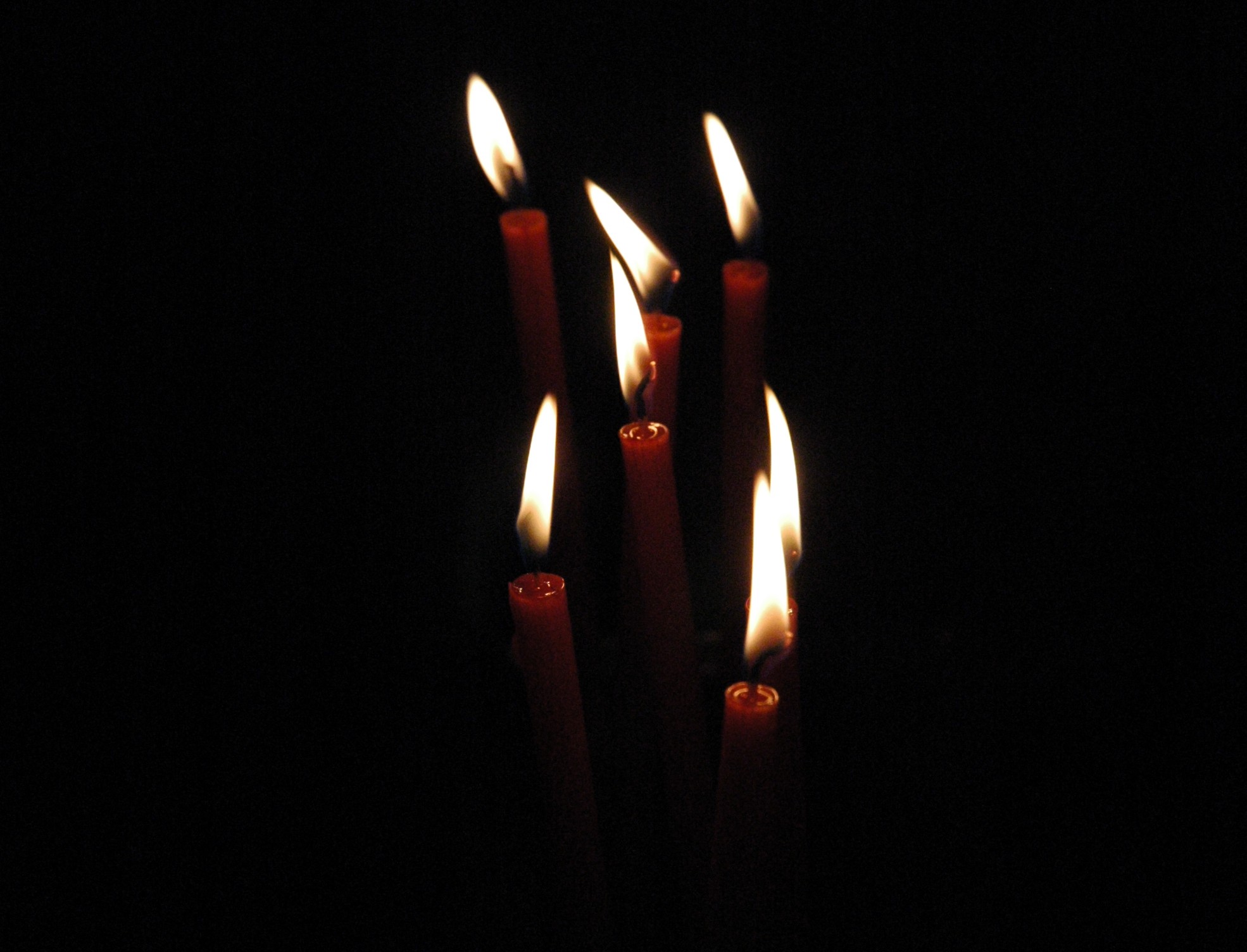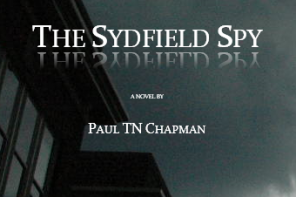We’re all familiar with routine. We go to the office, but before we begin work, part of our routine is to get coffee, and chat with a colleague about non-work items before we’ve even sat at our desks. Then once we arrive at the ‘work station’, we must visit a series of websites, do the crossword or Sudoku, and finally tend to business. Do you know anyone who doesn’t have a ‘pre-work’ routine of some sort? Regardless of what your job or profession, there will always be some tedium, which we all like to avoid.
No one just goes into the office, sits down, and starts working. We have to acclimate ourselves to the current environment. There’s always some routine preparation and organization. The trouble with routine is that we can do it thoughtlessly, and it has no real meaning for us, other than delaying the inevitable. These often are delay tactics, of course, but they might be put to use as preparatory rituals as well. It depends on the attitude with which you approach the task.
The Chinese philosopher Confucius wrote that whether a thing is bad or good depends on our regard for it, and the value we place on it. Any task can be mundane, or become significant, solely through our approach and regard.
Routine can become ritual, a modestly reverent approach to the undertaking that lies ahead. During the ritual, there are many changes. While the physical environment is ordered and rearranged, the mental environment undergoes changes as well. The period during which a ritual takes place is actually a time of transitioning mental states. Until you came in the door, you were a commuter, a pedestrian, in a hurry to be some place by a certain time. As the ritual proceeded, step by step, you moved away from the rushed commuter, and closer to fulfilling whatever responsibilities have been given to you. Attention is redirected, attentiveness is refined, and awareness of your imminent role expands.
It depends on how you choose to view it. I suggest that if your first moments are spent in your personal ritual, you might enjoy your work more.
Imagine an artist—a painter in oils—arriving at the studio. Perhaps she has driven, or taken public transportation, to the studio. She may feel a bit frazzled by the rush to get to the studio, and want a moment to settle in. She makes coffee, perhaps calls a friend on the telephone, and then puts on her painting smock. She sets out and arranges brushes, other tools, paints and solvents, and considers how she will use each, and in what order. Every gesture invests some meaning and significance in what she has before her.
With each movement and each thought, the satisfying moment of the first brush stroke draws closer. A sense of pleasant anticipation builds. She savours the textures of the various brushes and the aroma of the paints. She enjoys the way the paint flows from the brush to the canvas, how the bristles bend and respond to the slightest change in pressure from her hand. She values her control over her tools and her environment. Different strokes with different types of bristles will yield different results—an art in itself. What she is doing has meaning now—she isn’t just setting out a bunch of brushes and a clutter of pigments.
In this ritual, she has transformed from ‘commuter’ to ‘artist’, and is better able to fulfil her role. The ritual has redirected her attention away from feeling flustered as a traveller, to feeling satisfied and challenged as an artist.
Athletes, actors, musicians, artists—all have their rituals of preparation. It might be stretching, vocalizing, running lines—they contribute to a smooth, enhanced performance. Without the ritual, the performance, whatever the type, will begin roughly, and will suffer.
The difference between these people and the follower of routine I mentioned at the beginning is that the artist, the musician, the teacher, the athlete all love what they do and express the love through the ritual, despite the tedious aspects. The office worker with the tedious job might love the paystub he receives at the end of the pay period, but not really love the job. Perhaps a better ‘harvest’ might be reaped with a different ritual (and a different attitude). Through ritual, he can develop if not an actual love for his job, at least an appreciation for what it entails.
Any ritual is an opportunity for transformation.
Starhawk (Miriam Simos)
————————————————————————–
If you enjoyed reading this, please take a look at my eBooks on Amazon.com:
Behind These Red Doors: Stories a Cathedral Could Tell : http://amzn.to/1iGMFUp
Lives of the Ain’ts: Comedic Biographies of Directors Errant: http://amzn.to/1nPvqoc
The Inn of Souls: http://amzn.to/1lD7xjJ





